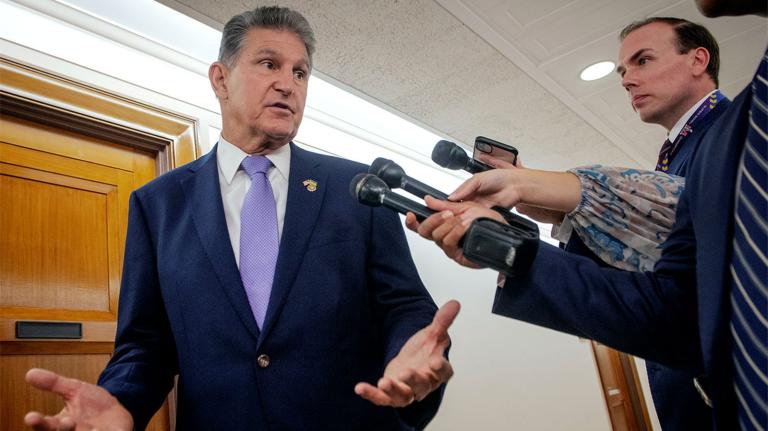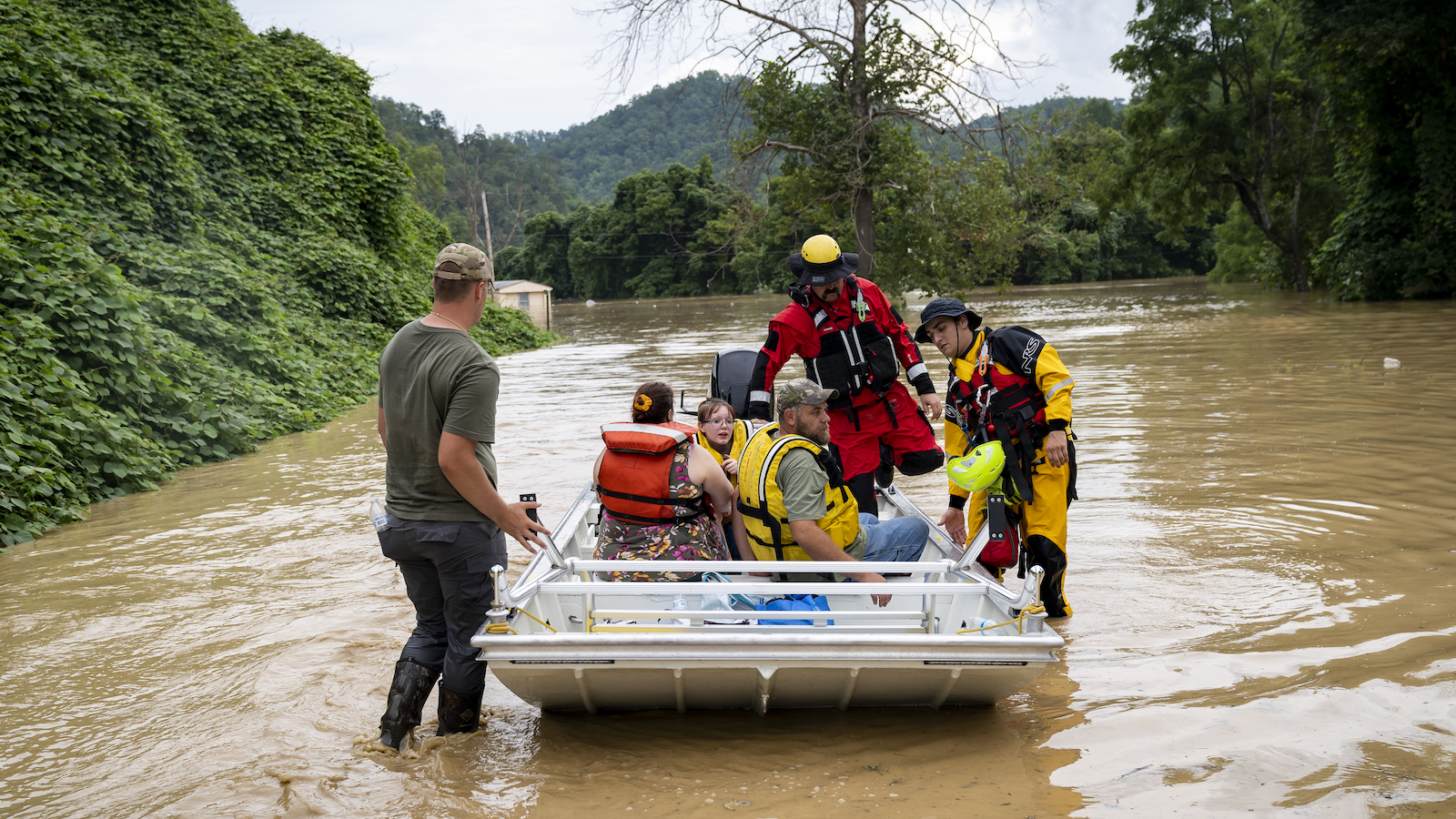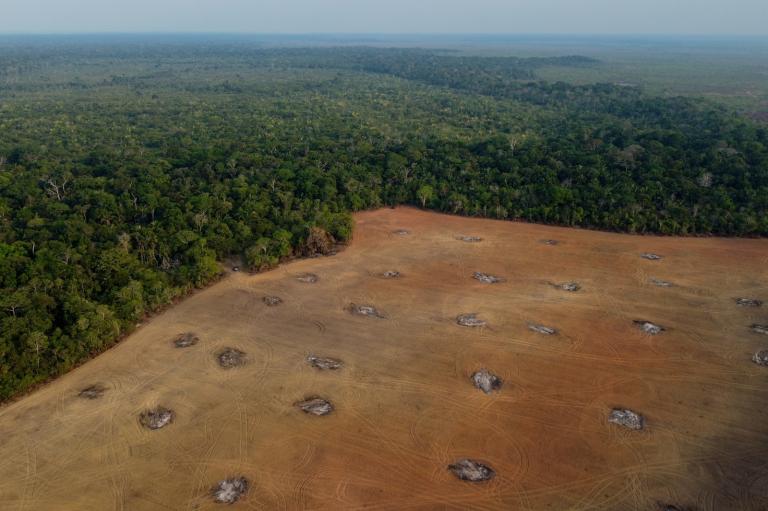Flooding in Missouri and Kentucky this week swept away homes, washed out bridges, and killed at least 18 people, as storms dropped record-breaking rainfall throughout the central United States.
St. Louis received nine inches of rain on Tuesday – outstripping the previous record by more than two inches – then was hit again by more storms on Thursday. Residents in parts of the city were trapped by rising floodwaters, including six children at a daycare center who were rescued by first responders. At least two people in Missouri died.
Meanwhile, Kentucky Governor Andy Beshear mobilized the National Guard after heavy rains on Wednesday overwhelmed the eastern part of the state, killing at least 16 people and leaving more than 23,000 without power. At least nine inches of rain fell in just 12 hours in some areas – and torrential rain continued throughout the day on Friday. President Joe Biden issued a disaster declaration and pledged federal aid to help with recovery efforts, Beshear announced Friday morning. States of emergency were also declared in nearby Virginia and parts of West Virginia.
“This is so deadly, and it hit so hard, and it hit in the middle of the night,” Beshear told CNN. Though eastern Kentucky, a mountainous area crisscrossed by rivers and valleys, frequently floods, the governor said that “we’ve never seen something like this.”
The floods come amid a wave of weather extremes across the country, from blistering heat waves, to worsening severe drought conditions in the West, to a foot of hail in northern Colorado. Climate change is increasing the severity and frequency of natural disasters; warmer air, for instance, holds more moisture, contributing to a jump in rainfall intensity by 13 percent between 1970 and 2021, according to research from Climate Central.
The rains in Kentucky triggered mudslides that blocked roads and left some people stranded on steep slopes, according to the Associated Press. Emergency crews rescued hundreds of people from floodwaters and are still searching for others reported missing, although many areas remain inaccessible. In St. Louis, meanwhile, the EPA is monitoring several landfills that contain radioactive waste and were damaged by this week’s rains, drawing concern from nearby residents and environmental justice groups.
As residents and officials in Kentucky and Missouri take stock of the damage to their communities, federal funding to help people deal with the impacts of extreme weather events remains lacking. The Office of Climate Change and Health Equity, housed in the Department of Health and Human Services, aims to help communities recover from the long-term health impacts of natural disasters like floods and fires — but it has not received any money from Congress in this year’s budget, the Washington Post reported.
The Federal Emergency Management Agency, or FEMA, announced in July that it will offer $2.3 billion in grants for its Building Resilient Infrastructure and Communities program, which supports the construction of climate resilient infrastructure in states across the country. But demand for this FEMA funding has far outpaced supply in recent years: Of the nearly 1,000 local governments that applied to an earlier round of funding from the program, just 406 received grants, according to NBC News.
But there are some signs of change: Senator Joe Manchin of West Virginia joined Democratic leaders this week in supporting the Inflation Reduction Act of 2022, which would provide $369 billion in funding for “climate and energy” programs, including tax credits for renewable energy development and grants for frontline communities dealing with pollution. The bill, the most aggressive step to date from Congress to take action on climate change, could come up for a vote by the Senate as soon as next week. If passed, it would help reduce greenhouse gas emissions by 40 percent by 2030.
Kentucky’s senior senator, Minority Leader Mitch McConnell, opposes the bill, as does every other Senate Republican.



